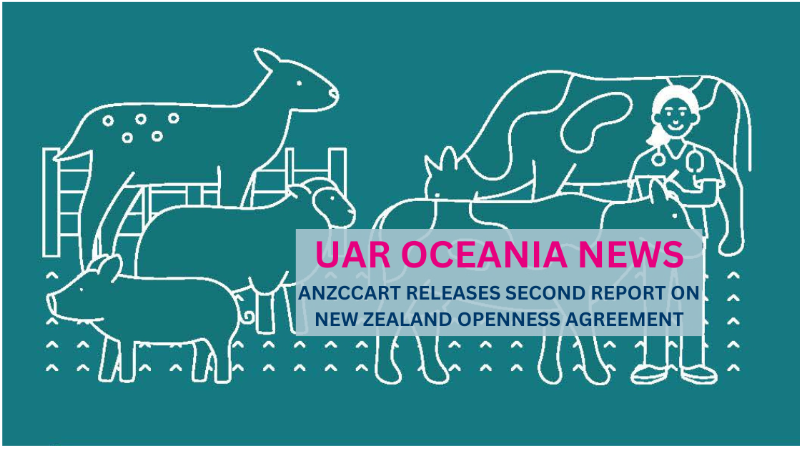UAR Oceania position statement on the use of animals in research
Understanding Animal Research Oceania (UAR Oceania) supports the humane use of animals in biomedical research, and believes that animal research is a vital part of the scientific process. For over 150 years research using animals has advanced scientific understanding of human and animal health and the impact of the environment on wildlife. This research should never be undertaken lightly and animals should only be used when there is no alternative method available.
Animal research is often used to discover how the basic processes of the body work, and how these can go wrong when the body is affected by disease. This knowledge is vital if we are to develop effective treatments for illnesses affecting humans or animals. Animal research has given us many treatments for critical conditions such as cancer and diabetes, and has allowed the development of preventive measures such as human vaccines. Hundreds of millions of human and animal lives have been saved or improved as a direct result of research on animals. It is sometimes necessary to test substances on animals to understand how they might affect the safety of people, animals and the environment, but only when it is not possible to gather this important information by other means.
We expect the animal research that we support to be of high quality: well-designed, ethically justified, subject to rigorous peer review, and well reported. Animal welfare is important to us, and we expect researchers, animal technologists and their supporting communities to strive towards excellent housing and experimental conditions for their research animals.
UAR Oceania is committed to the 3Rs of reduction, replacement and refinement as basic principles of humane animal research, and expects our members to actively employ these to improve animal welfare. This means that animals should be replaced with non-animal research methods wherever possible, that the minimum number of animals needed to give meaningful results should be used, and that research methods should aim to both improve the quality of the data obtained and reduce suffering wherever possible.
Openness and transparency around the use of animals in research is important if we are to have honest conversations about the benefits, harms and limitations of animal research. UAR Oceania aims to explain our positions and values clearly, and encourage the life-science sector to be clear about how, when and why animals are used in research. We work with the life-sciences community across Oceania to support and provide resource to underpin ANZCCART's Openness agreements in both New Zealand and Australia, driving a culture of greater openness on this issue. We strive to ensure that the scientific community is not at risk of, and does not feel at risk of, harassment or assault because of their association with animal research.
Good research practice and good animal welfare go hand in hand to generate good science. Good animal welfare relies, in turn, on the individuals who care for the animals and who carry out the research being supported, listened to, and educated. A caring institutional culture that allows staff to speak out where they see problems developing, and which supports them in their work-place is important to the well-being of the animals that they work with. We understand that many who work in animal research have chosen a career that allows them to make a real difference to the lives of people or animals, and we aim to support them to succeed.



